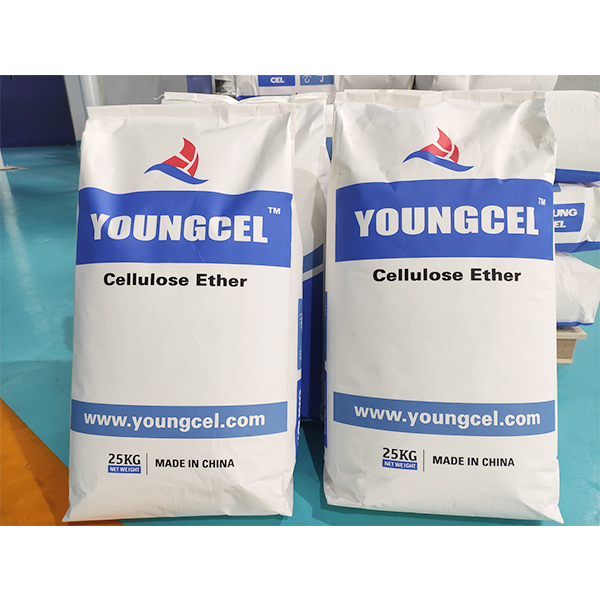Understanding HPMC Suppliers A Comprehensive Overview
Hydroxypropyl Methylcellulose (HPMC) has become an essential ingredient in a variety of industries, including construction, pharmaceuticals, food, and cosmetics. As the demand for HPMC continues to grow, the role of HPMC suppliers has become increasingly critical. This article aims to provide insights into the HPMC supply chain, the key players within it, and the factors influencing the selection of HPMC suppliers.
HPMC is a semi-synthetic polymer derived from cellulose, a natural polymer. Its unique properties, such as solubility in cold water, thickening ability, and film-forming characteristics, make it a versatile ingredient. It is widely used as a thickener, emulsifier, and stabilizer in numerous applications. The construction industry, for example, utilizes HPMC in mortars and tile adhesives due to its ability to enhance workability and water retention. In pharmaceuticals, HPMC serves as a binder and controlled-release agent in drug formulations.
As the demand for HPMC rises, various suppliers are emerging in the market, each offering different grades and formulations of the product. Choosing the right HPMC supplier is crucial for manufacturers to ensure product quality, consistency, and compliance with industry regulations. Here are some key factors to consider when evaluating HPMC suppliers
Understanding HPMC Suppliers A Comprehensive Overview
2. Product Range Different applications may require different grades of HPMC. A versatile supplier offering a broad range of HPMC products can be beneficial for manufacturers looking to minimize the number of suppliers they work with. This flexibility allows for easier formulation adjustments and can lead to better collaboration.
hpmc supplier

3. Technical Support The formulation process can be complex, and choosing a supplier that offers technical support can be invaluable. A knowledgeable supplier can assist in selecting the appropriate grade of HPMC for specific applications, helping manufacturers optimize their formulations for performance and cost-effectiveness.
4. Supply Chain Reliability Timely delivery of materials is crucial for maintaining production schedules. An HPMC supplier with a robust logistics system and a history of reliability can help ensure that manufacturers receive their materials when needed, preventing costly delays.
5. Pricing and Terms Competitive pricing is always a consideration for manufacturers. However, it’s essential to balance cost with quality and reliability. Understanding a supplier's pricing structure and any potential long-term agreements can help in making informed decisions that align with business strategies.
6. Sustainability Practices As industries increasingly focus on sustainability, suppliers that adopt eco-friendly practices and provide sustainably sourced products are becoming more desirable. Manufacturers may choose to partner with HPMC suppliers committed to reducing environmental impact throughout their production processes.
In conclusion, the role of HPMC suppliers is pivotal in supporting the diverse applications of Hydroxypropyl Methylcellulose across multiple industries. By considering factors such as quality assurance, product range, technical support, supply chain reliability, pricing, and sustainability practices, manufacturers can make informed choices in selecting the right supplier for their specific needs. As the market evolves, collaboration between suppliers and manufacturers will be crucial in driving innovation and meeting the growing demands for HPMC across various sectors. The future of HPMC looks promising, with opportunities for growth and advancements in its applications, propelled by strong supplier partnerships.
-
Rdp Powder: Key Considerations for Wholesalers in the Building Materials IndustryNewsJul.08,2025
-
Key Considerations for Wholesalers: Navigating the World of Hpmc - Based ProductsNewsJul.08,2025
-
Hpmc Detergent: Key Considerations for WholesalersNewsJul.08,2025
-
Key Considerations for Wholesalers: China Hpmc For Tile Adhesive, Coating Additives, Concrete Additives, and MoreNewsJul.08,2025
-
Crucial Considerations for Wholesalers: Navigating the World of Construction MaterialsNewsJul.08,2025
-
Key Considerations for Wholesalers Sourcing Additive For Cement, Additive For Concrete, Additive For Putty from Additive Manufacturer Shijiazhuang Gaocheng District Yongfeng Cellulose Co., Ltd.NewsJul.08,2025




